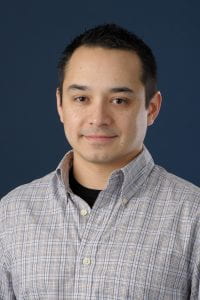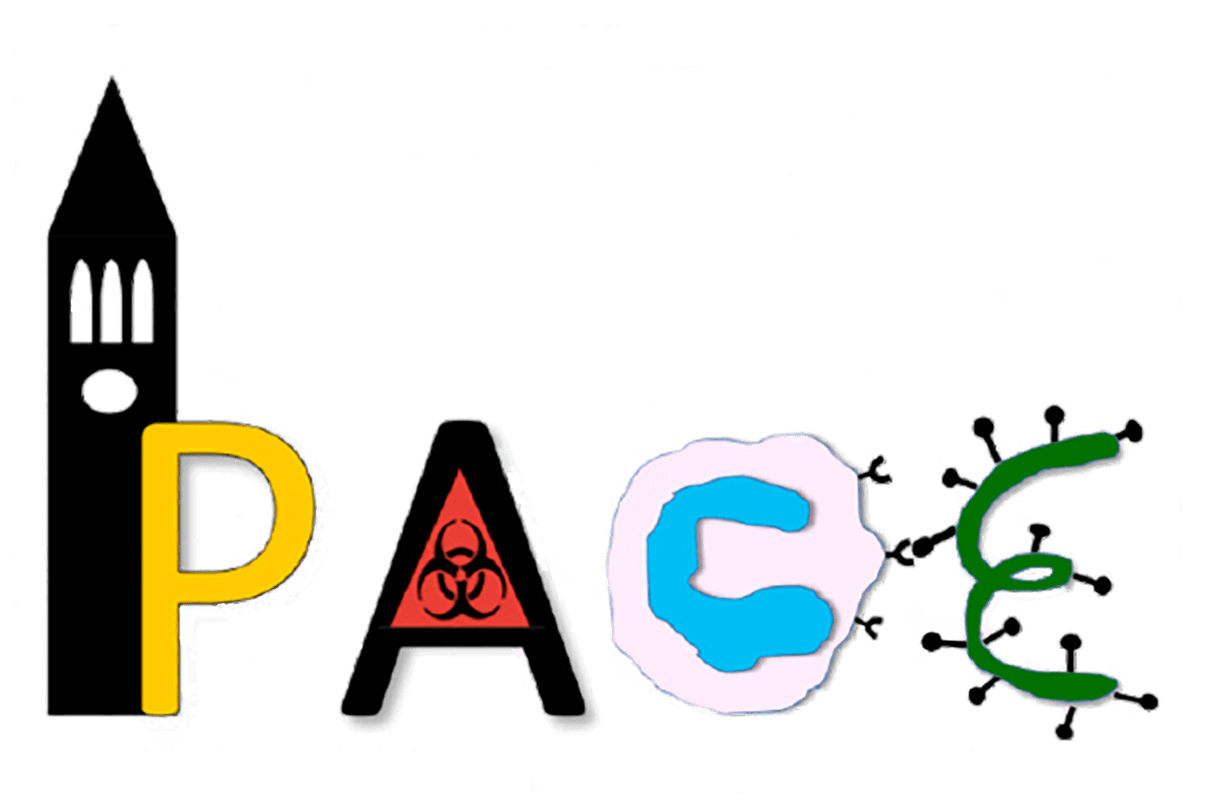Dr. Américo López-Ygelsias

Dr. Américo López-Ygelsias recently joined Indiana University School of Medicine as a tenure-track Assistant Professor in the Department of Microbiology and Immunology. Currently, he is working on characterizing how the transcription factor T-bet regulates the innate myeloid cell response against intracellular pathogens (Toxoplasma gondii & Salmonella) during acute infection. Additionally, he and his team are using transgenic mouse models to better understand how the complex interactions of the host-pathogen-microbiota impact innate immune cell effector function, intestinal tissue injury and immunity following oral infection with T. gondii or Salmonella, two leading causes of foodborne-related deaths in the United State. Américo is the son of two Mexican immigrants who arrived to Southern California as children. His parents quickly realized that a college education for their own children would enable them to have a better life for themselves and their own families. With the loving support and encouragement of his parents, Américo attended the University of Washington in Seattle where he obtained both a BS in Microbiology and Ph.D. in Pathology. It was during graduate school that he began to participate in outreach programs that supported the recruitment of underrepresented groups (URGs) in the STEM fields. As a postdoctoral fellow at the University of Rochester Medical Center, he continued to participate in the recruitment, development, and mentorship of URGs in the biomedical research field. Mentoring is meaningful to Américo because as an underrepresented minority in the STEM field, it is important to him that the next generation of URG scientists are encouraged by seeing other successful URGs in their field. For this reason, he was excited to apply for the Program for Achieving Career Excellence (PACE), which is focused on advancing diversity, equity, and inclusion within the professoriate. His experiences as a Rising Star continue to be extremely rewarding as he has been and continues to be, provided opportunities to not only present his research to new audiences but also to discuss new ideas with leaders in the field of biomedical research. Additionally, having open discussions with professors about their own paths through academia puts into perspective that there are many avenues to success and none are identical. The most beneficial part about being selected as a Rising Star is that it established a brand new network of supportive colleagues which is an invaluable resource as Américo moves forward in his career.

